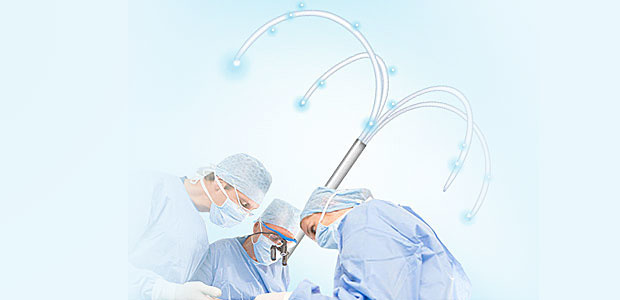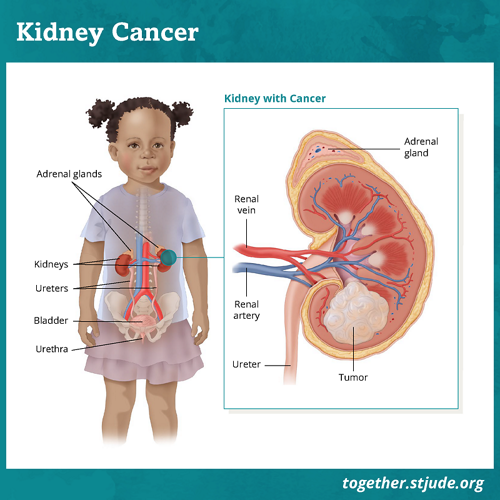
Kidney disease, also known as kidney failure, refers to the gradual loss of renal function over time
The kidneys filter out excess fluids and wastes from the blood, which then are expelled in the urine.
A decreased level of renal function means that your kidneys are unable to process the amount of fluid and waste from your body produces. Over time, this can lead to a variety of health problems, including high blood pressure, cardiovascular disease, high cholesterol levels, and diabetes. In some cases, the kidneys can also fail entirely and result in death. If you have kidney failure and do not take medication for it, there is an increased risk of developing kidney cancer.
Kidney cancer is different than non-cancerous kidney tissue because the cancer cells grow in the tissue around the kidneys, rather than within the kidney itself. If this type of cancer is discovered early enough, however, it can be treated.
Because kidney cancer often spreads into other parts of the body, symptoms of this type of cancer are typically quite different from non-cancerous kidney tissue. Early symptoms include fatigue, nausea, vomiting, blood in the urine, weight loss, and fever. If you have any of these symptoms, seek medical care immediately.
The more advanced the disease progresses, the worse the symptoms become. In fact, if the disease is left alone, it could continue to progress until it spreads throughout the entire body. If you have a family history of this type of cancer, or if you are experiencing any of the symptoms mentioned above, your doctor will likely want to run a kidney biopsy to determine the extent of your disease.
Kidney cancer can be treated with either surgery or radiation. Surgery, called surgical removal, removes the kidney and all surrounding tissues. Radiation, known as radiotherapy, involves using X-ray beams to kill cancer cells. Depending on the type of cancer, you may have to undergo both procedures to completely destroy the cancer.

Some people opt for both procedures and choose to undergo both therapy and surgery simultaneously in order to treat their kidney. This combination approach is sometimes known as a combined treatment.
Cancers of the kidney are rarely curable, but they can be controlled. They do not have to spread to other parts of the body in order to be cured. Treatment options vary depending on the type of cancer, and your overall health, but your doctor will usually discuss this with you prior to any surgery or radiation treatment.
The type of treatment that your doctor will prescribe depends largely on the stage of the cancer and the stage of your current health and condition, as well as the various treatment options available for your particular situation. Your doctor will assess your risk factors, such as your age, overall health and the type and location of the cancer, and then prescribe the most appropriate course of treatment for you.
Chemotherapy is a common form of treatment. This type of treatment uses a drug to kill cancer cells in your kidneys. This type of treatment has many advantages over surgery, including a faster response time and a shorter recovery period. It is also less expensive, which is why many people choose it as their primary method of treatment. Cancer drugs can also improve the quality of your life considerably.
Radiation therapy is another popular option for those who have kidney cancer
Radiation therapy is not used to treat cancer in the kidney itself, but instead, is used to kill the cancer cells that have spread into nearby organs. Some types of cancer are resistant to certain forms of treatment, and doctors may choose to target them with this type of therapy.
Chemotherapy has many side effects associated with it, including vomiting, nausea and vomiting, dizziness, and chest pain. People who are receiving this treatment for cancer of the kidney may be required to take medication to reduce these side effects. Also, this form of treatment has a high risk of infection and scarring.
Chemotherapy has also been found to increase your risk of kidney failure and may damage your kidneys permanently. If you have a family history of kidney failure, you should consult your doctor about the possibility of chemotherapy before undergoing the procedure. Although chemotherapy often results in a long-term remission, you should always follow any new treatment with a doctor for additional monitoring and testing to ensure your body is healing.